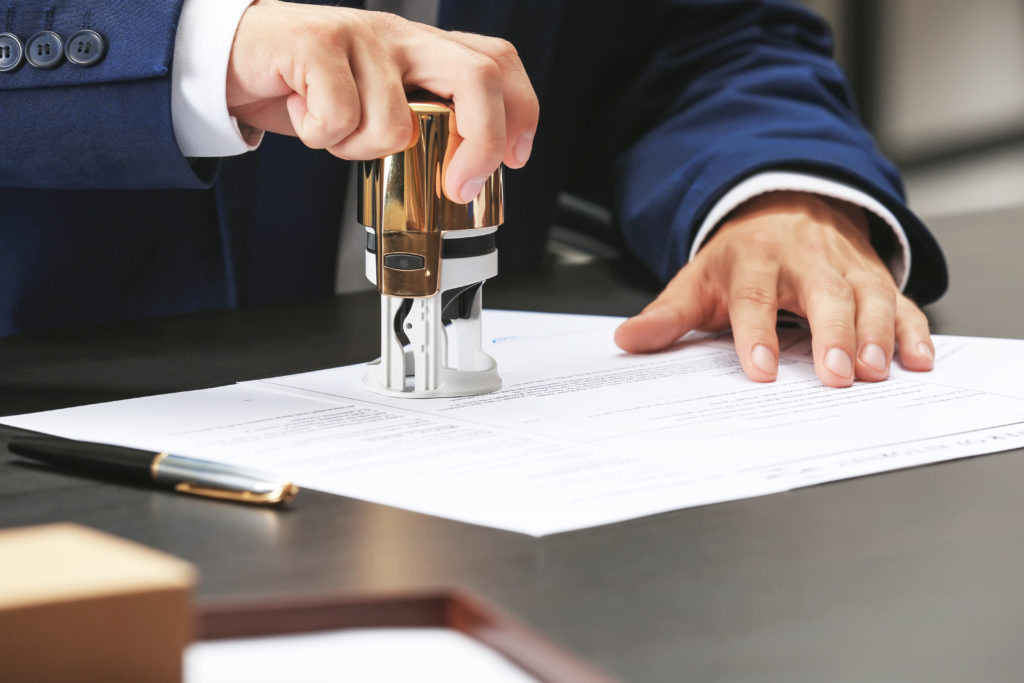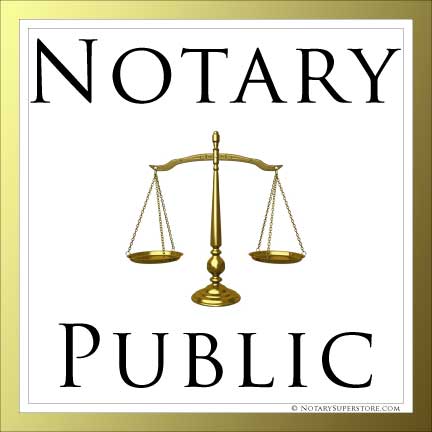DIRCO Laws Demystified: A Guide to Diplomatic Protocol
DIRCO Laws Demystified: A Guide to Diplomatic Protocol
Blog Article
Demystifying Notarial Work: Simplifying the Duty and Importance of Notaries
In the detailed internet of legal documentation and confirmation, notaries stand as pillars of guarantee and credibility. Their duty, commonly shrouded in enigma for numerous, carries considerable weight in making sure the credibility and honesty of important records. As guardians of legality and reality, notaries play a pivotal part in our society, yet their job is not constantly totally recognized. By untangling the intricacies losing and bordering notarial practices light on the value of their acts, a clearer understanding arises of the vital function notaries play in upholding the textile of legal and contractual agreements.
The History of Notarial Job
How did notarial work advance with time to become an important component of lawful and company deals? The background of notarial work dates back to old human beings, where scribes played an important role in videotaping vital info and verifying files. As societies proceeded, the requirement for a more formalized system to make sure the credibility of agreements arose. This brought about the development of notaries, people selected by the state to act as neutral witnesses in lawful matters.
Throughout the Middle Ages, notaries gained importance in Europe, with their features increasing to consist of composing legal files, certifying signatures, and protecting records. The rise of global trade further stressed the value of notarial operate in confirming agreements and contracts throughout boundaries.
In the modern-day era, notaries continue to play a vital role in lawful and business deals by confirming identifications, confirming the authenticity of records, and protecting against scams. Their role in certifying the credibility of agreements includes a layer of security and count on to the ever-evolving landscape of business and legislation.

Responsibilities and Responsibilities of Notaries
Notaries play a crucial role in validating the credibility of documents and the identity of signatures. One of their primary duties is to witness the finalizing of crucial papers, such as contracts, actions, and wills, to ensure that all parties are entering right into contracts purposefully and voluntarily.
Additionally, notaries are entrusted with providing affirmations and vows, which are crucial in legal procedures and the implementation of testimonies. They accredit copies of original files, supplying assurance to organizations that the copies are true replicas of the originals. Notaries must keep exact records of all deals they supervise to ensure transparency and liability. In general, the obligations and duties of notaries are essential in securing the honesty and legitimacy of various records and deals.
Notarial Certificates and Signatures
Exhibiting thorough attention to information, notarial certifications and trademarks work as vital elements in confirming the credibility of lawful files. Notarial certifications usually consist of crucial info such as the day of notarization, the names of the signatories, a summary of the record, and the notary's main seal. These certifications give a clear document of the notarial act, making sure that the record can be quickly recognized and traced back to the notary that oversaw the process.
Signatures play a crucial function in notarial job, as they represent the contract and permission of the events involved. Notaries very carefully witness the signing of papers to confirm the identity of the signatories and verify that they are authorizing of their very own totally free will. By affixing their official seal and signature to the record, notaries accredit that the essential treatments have been complied with and that the document is valid and enforceable.
Essentially, notarial certifications and trademarks are the hallmark of credibility in legal transactions, supplying assurance to all parties entailed that the go to the website records are reputable and binding.
Significance of Notarial Acts

Notarization Process Explained
Describing the notarization process gives clarity on the vital actions associated with confirming lawful files. The notarization process commonly starts with the individual offering the record to a notary public. The notary then validates the signer's identity through acceptable recognition methods. Once the identification is validated, the notary ensures that the private signing the record does so voluntarily and with no threat.

Verdict

Notarial certifications usually consist of important info such as the date of registration, the names of the signatories, a description of the file, and the notary's official seal. These certificates provide a clear document of the notarial act, making certain that the record can be conveniently determined and mapped back to the notary that supervised the process.
By affixing their main seal and signature to the record, notaries certify that the required procedures have actually been followed and that the paper is legitimate and enforceable.
By verifying the identity of the signatories, confirming their willingness to enter right into the contract, and accrediting the date and place of the signing, notaries play a critical function in supporting the validity of lawful papers.After the document is authorized, the notary will attach their official seal or stamp onto the file.
Report this page